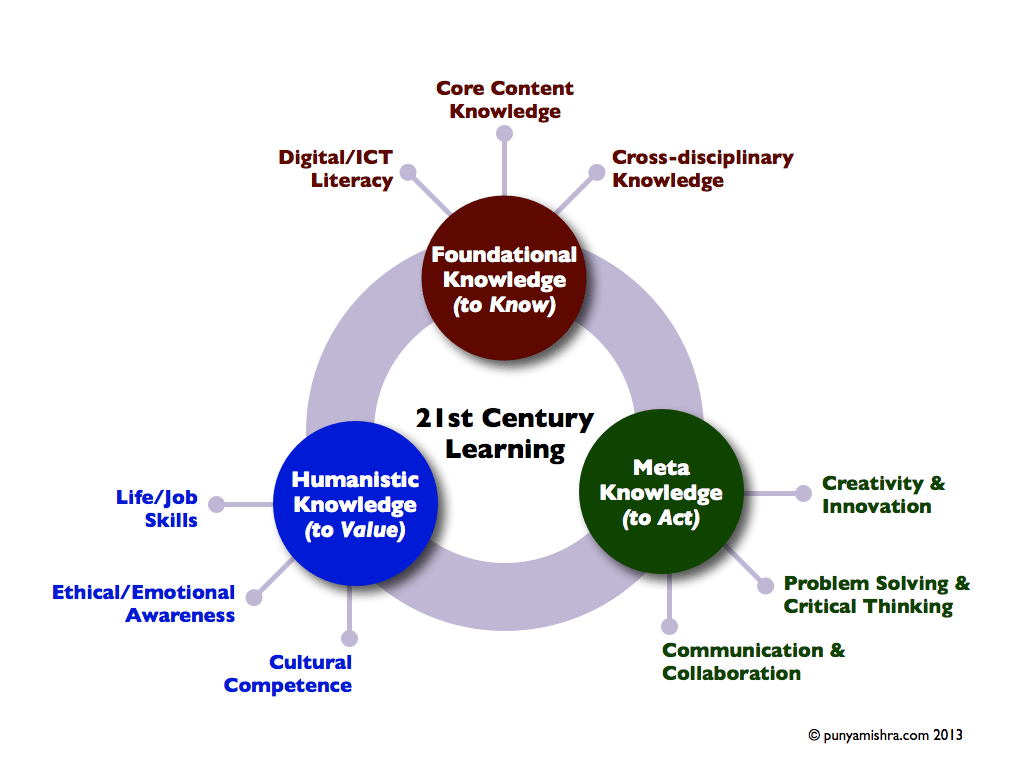یکی از بهترین نرم افزارهای مانیتورینگ تجهیزات شبکه (PRTG Network Monitor)
تقویت عزت نفس در کودکان و نوجوانان
- رهنمودهایی برای افزایش میزان عزت نفس در کودکان و نوجوانان:
- ۱. به فرزندان خود احترام گذاشته و هنگام ابراز عقیده به سخنان آنها توجه کنید.
- ۲. در برخورد با فرزندان هرگز از لقبهای ناپسند و نسبتهای ناروا استفاده نکنید.
- ۳. از تحمیل عقاید خویش به فرزندان خودداری کنید.
- ۴. از مقایسه فرزندان با یکدیگر و یا با دیگر همسالان جدا پرهیز کنید.
- ۵. در پذیرش و ابراز محبت به فرزندان هیچگاه به جنسیت آنها توجه نکنید.
- ۶. زمینه را برای کسب تجارب موفقیت آمیز برای کودکان و نوجوانان افزایش دهید.
- ۷. در اعطای مسئولیت به فرزندان به تفاوتهای فردی آنها و به حدود توانمندیهایشان توجه کنید.
- ۸. هنگام مواجه شدن فرزندان با شکست آنها را طرد نکنید.
- ۹. زمانی که فرزندان مرتکب عمل شایسته و رضایت بخشی شدند سعی کنید عمل آنها را تشویق کنید نه خودشان را و بر عکس، اگر رفتار نامطلوبی انجام میدهند، عمل آنها راطرد کنید نه شخصیتشان را.
- ۱۰. با ایجاد جو مشاوره و تبادل نظر در محیط منزل، اجازه ابراز شخصیت و احساس خودارزشمندی را در کودکان و نوجوانان ایجاد کنید.
- ۱۱. هرگز به تحقیر و خرد کردن شخصیت فرزندان اقدام نکنید.
- ۱۲. برای ورود فرزندان به اجتماع و کسب تجربههای موفقیت آمیز در این خصوص، به تقویت مهارتهای اجتماعی آنها بپردازید.
- ۱۳. کودکان و نوجوانان را با الگوی رفتاری مطلوب و شخصیتهای ارزشمندی که از عزت نفس بالایی برخوردارند، آشنا کنید.
- ۱۴. از تعارض و کشمکش با همسر خودداری کنید و با هماهنگی و ارزش گذاری به نظرات همسر، زمینه را برای ارضای نیاز فرزندان به امنیت روانی و تقویت حس عزت نفس هموار کنید.
منبع: کتابک
سه دسته دانش مورد نیاز برای دانش آموزان قرن بیست و یکم
هشت مهارت دیجیتال که باید به کودکان آموخته شوند.
Digital intelligence or “DQ” is the set of social, emotional and cognitive abilities that enable individuals to face the challenges and adapt to the demands of digital life. These abilities can broadly be broken down into eight interconnected areas:
Digital identity: The ability to create and manage one’s online identity and reputation. This includes an awareness of one's online persona and management of the short-term and long-term impact of one's online presence.
Digital use: The ability to use digital devices and media, including the mastery of control in order to achieve a healthy balance between life online and offline.
Digital safety: The ability to manage risks online (e.g. cyberbullying, grooming, radicalization) as well as problematic content (e.g. violence and obscenity), and to avoid and limit these risks.
Digital security: The ability to detect cyber threats (e.g. hacking, scams, malware), to understand best practices and to use suitable security tools for data protection.
Digital emotional intelligence: The ability to be empathetic and build good relationships with others online.
Digital communication: The ability to communicate and collaborate with others using digital technologies and media.
Digital literacy: The ability to find, evaluate, utilize, share and create content as well as competency in computational thinking.
Digital rights: The ability to understand and uphold personal and legal rights, including the rights to privacy, intellectual property, freedom of speech and protection from hate speech.
Above all, the acquisition of these abilities should be rooted in desirable human values such as respect, empathy and prudence. These values facilitate the wise and responsible use of technology – an attribute which will mark the future leaders of tomorrow. Indeed, cultivating digital intelligence grounded in human values is essential for our kids to become masters of technology instead of being mastered by it.
